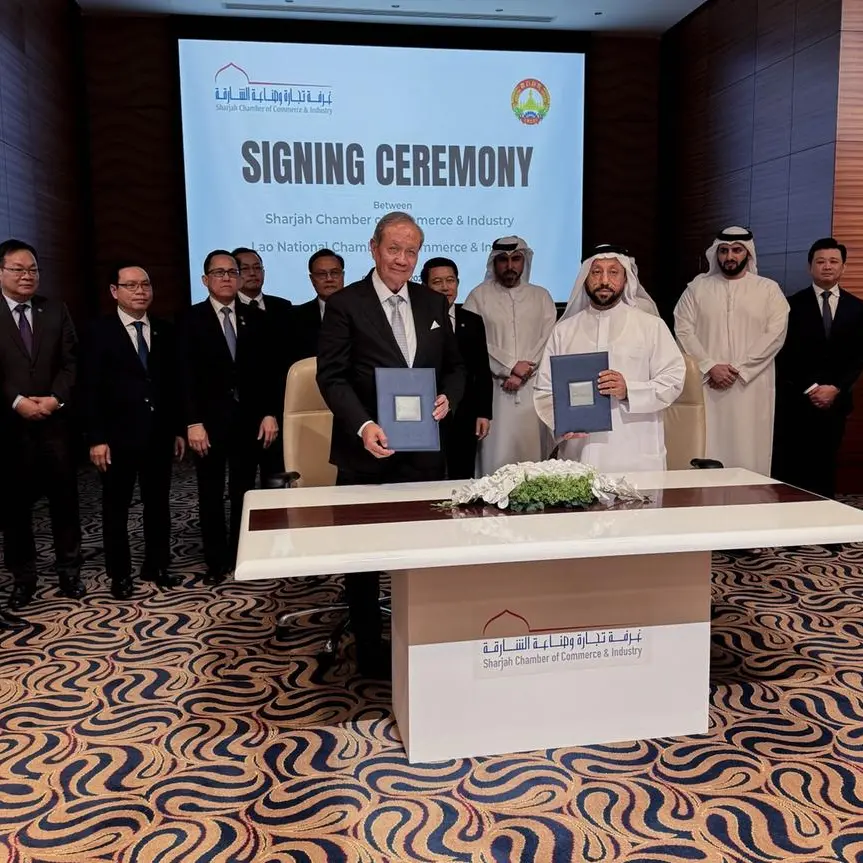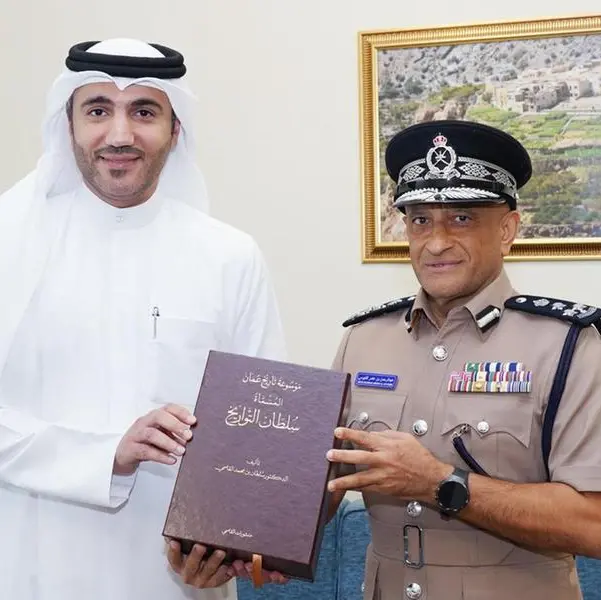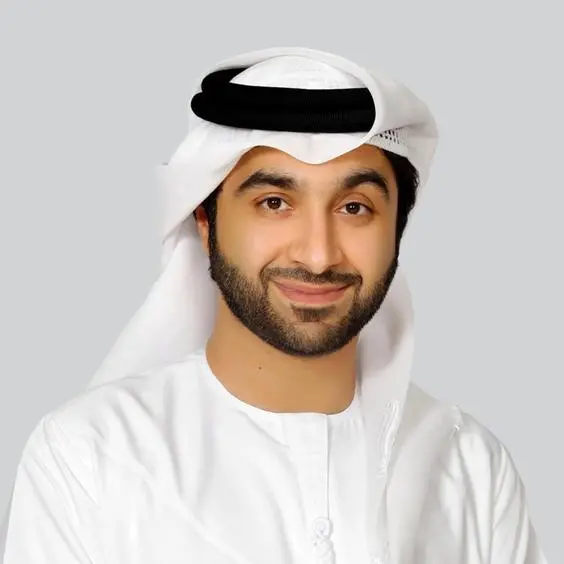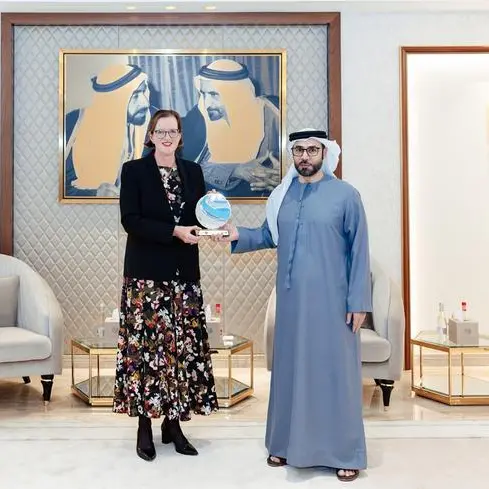PHOTO
- Emirati astronaut participated in the experiment to understand how space flight alters an astronaut’s immune system and makes them more receptive to bacterial and viral infections
- The results from the study can lay the groundwork for advanced understanding and best practices to keep astronauts healthy through space missions
Dubai – UAE: The Mohammed Bin Rashid Space Centre (MBRSC), today announced that astronaut Sultan AlNeyadi participated in the host-pathogen experiment to analyse the reaction between astronauts’ immunity and the microbial pathogens on the International Space Station (ISS). This experiment was conducted in collaboration with NASA’s Johnson Space Center. The results of the study would be analysed through AlNeyadi’s DNA samples collected aboard the ISS and on Earth.
The host-pathogen study examines the interaction between astronauts and microbial pathogens that may be present within the environment of the space station through biological sample collection. This will offer an overall understanding of the effects of stress hormones and latent virus reactivation in the astronaut’s immunity system. AlNeyadi’s blood samples will hence be collected to further analyse how his immune system has responded to space flight. The viruses being studied will also deliver results on how pathogens that trigger chickenpox in children and shingles in adults are usually dormant unless activated, thus compromising immunity.
Adnan AlRais, Mission Manager, UAE Astronaut Programme, said, "The host-pathogen study is one that will change and impact our knowledge in space biology. It will potentially improve our response to immunity threats and build a stronger foundation of study on how astronauts’ immunity can be better maintained in space. Collaborating with the Johnson Space Center for this study has helped us unravel a deeper understanding of pathogens and has helped us contribute to the space of healthcare in space. Sultan’s participation as a subject of study for this experiment sets a benchmark for the future of space sciences Internationally."
The astronaut’s samples, which indicate the suppressed immune state of the body, are collected and then frozen on the ISS. They are then sent to the Johnson Space Center along with the samples that are collected before and after the flight to represent the normal state of the immune system in regular conditions. The samples will be further co-cultured with two types of bacteria separately, the regular bacteria and bacterial components from space, and then studied further.
The host-pathogen experiment is a breakthrough study of the pathogen reaction to human immunity in space. It will help us advance our understanding of how the immune system responds to regular and microgravity-conditioned bacteria. It will impact the understanding of Earth and help offer long-term solutions for various viral infections on Earth as well as in space.
The UAE Astronaut Programme is one of the projects managed by MBRSC under the UAE’s National Space Programme and funded by the ICT Fund of the Telecommunications and Digital Government Regulatory Authority (TDRA), which aims to support research and development in the ICT sector in the UAE and promote the country’s integration on the global stage.
-Ends-
For Media Queries:
MBRSC Media Team - mbrsc@quillmena.com
About Mohammed Bin Rashid Space Centre (MBSRC):
MBRSC is an advanced scientific and technological hub, responsible for making the UAE a world leader in space services and exploration.
Established in 2006, the Mohammad Bin Rashid Space Centre (MBRSC) started out with five engineers, who took it upon themselves to develop their capabilities and expand their knowledge in the field of space, relying on strong will and solid determination. Since then, the centre has continued its journey to be the incubator of the “UAE National Space Programme”. The MBRSC has undertaken the tasks of building, developing, and operating a number of Earth observation satellites, providing imaging services, analysing and studying them, as well as producing relevant data to scientific communities and research centres around the world. Among the satellites that the centre operates are DubaiSat-1 & DubaiSat-2. The MBRSC is also responsible for KhalifaSat, celebrated as the first satellite that was fully built by Emiratis in 2018. Recently, the centre revealed its plan to develop the new satellite MBZ-SAT, which is expected to be launched at the end of 2023 and to be the latest in the field of high-resolution imaging from outer space.




















